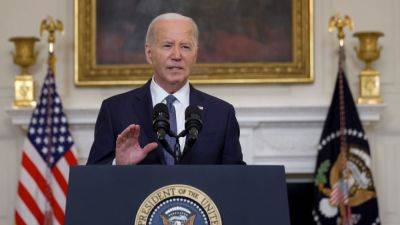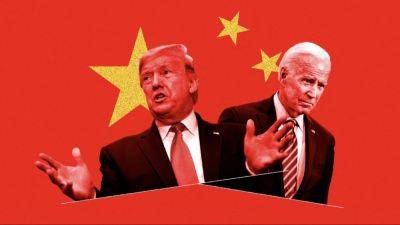Biden slaps tariffs on nonexistent Chinese EV imports
The Biden administration reportedly will slap a 100% tariff on Chinese electric vehicle (EV) imports, except that no Chinese cars presently are offered for sale in the United States.
If they were, they would crush the American competition, even with the present 25% tariff. Chevy’s Bolt, a starter EV with a US$29,000 sticker price, has the same size and less range than the Dongfeng Nammi 01 hatchback priced at just $11,000.
If China wanted to retaliate against the new American tariffs, it has a target-rich environment. General Motors last year sold 2.1 million cars in China. In most years, GM sells more cars in China than in the United States.
Chances are that China will ignore the American tariffs. China’s automotive industry association forecasts a 22% increase in the country’s auto exports during 2024, following a more than 60% increase in 2023, with the strongest growth in East Asia and the Middle East.
Henry Ford’s Model T sold for $850 in 1908, roughly the US per capita GDP at the time. By 1925, the price had fallen to $260 thanks to economies of scale. China’s EV makers are compressing this time scale into as many months as it took Ford years to bring down the price.
At a $10,000 or lower price point, demand for Chinese EVs in the Global South is effectively unlimited.
American, Japanese and South Korean automakers depend on Chinese automotive technology. GM meanwhile is negotiating with China’s largest battery maker CATL to license Chinese technology for its own EVs and build a joint mega-plant in the United States.
Ford last year announced a $3.5 billion joint venture with CATL with plans to build a Michigan plant but put the project on hold due to political pressure.
Tesla, Hyundai Motor and Kia meanwhile will






